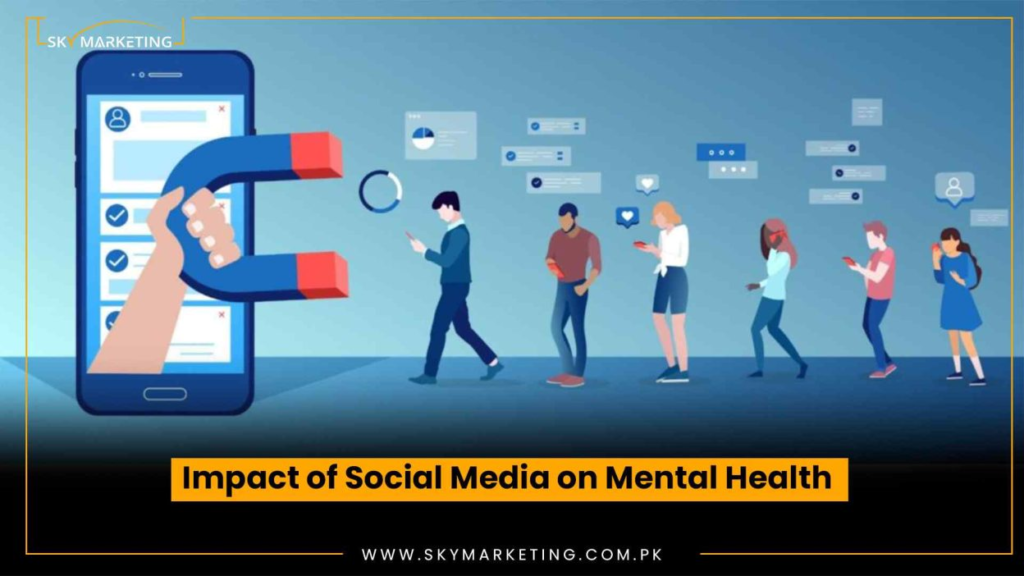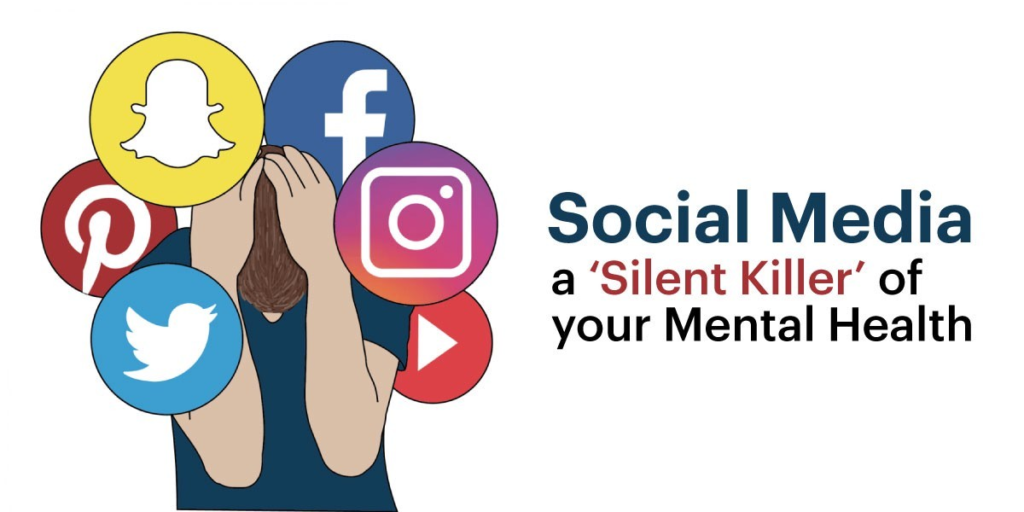
In the past two decades, social media platforms have revolutionized the way people communicate, connect, and interact globally. From Facebook to Instagram, Twitter to TikTok, these digital platforms have reshaped social dynamics, influencing how individuals form relationships, consume information, and perceive themselves and others. While social media offers numerous benefits such as connectivity and information sharing, it also presents challenges that can impact social health. This essay explores the impact of social media on social health, discusses its benefits and risks, and suggests strategies to promote a balanced approach to digital engagement.

Benefits of Social Media on Social Health
- Enhanced Connectivity and Communication: Social media enables individuals to stay connected with friends, family members, and communities across geographical boundaries. It facilitates instant communication through messaging, video calls, and group chats, fostering real-time interactions and maintaining relationships over time and distance.
- Community Building and Support Networks: Digital platforms provide opportunities to create and join online communities based on shared interests, hobbies, or identities. These virtual communities offer emotional support, information sharing, and solidarity, particularly for individuals facing challenges such as chronic illness, caregiving responsibilities, or social isolation.
- Access to Information and Resources: Social media serves as a powerful tool for accessing news, educational content, and resources on diverse topics ranging from health and wellness to current events and professional development. It empowers users to seek information, engage in discussions, and stay informed about global trends and issues.
- Promotion of Social Causes and Activism: Activists, organizations, and individuals use social media to raise awareness about social issues, advocate for human rights, and mobilize collective action. Campaigns, hashtags, and digital movements amplify marginalized voices, drive social change, and foster community engagement in advocacy efforts.
- Career Networking and Professional Development: Platforms like LinkedIn facilitate professional networking, job searching, and skill-building opportunities for individuals seeking career advancement or professional connections. Social media profiles serve as digital resumes, showcasing skills, achievements, and professional interests to potential employers and collaborators.
Risks and Challenges of Social Media on Social Health
- Impact on Mental Health: Excessive use of social media has been linked to mental health issues such as anxiety, depression, and low self-esteem. Constant exposure to curated images, idealized lifestyles, and social comparisons on platforms like Instagram can contribute to feelings of inadequacy, loneliness, and negative body image.
- Cyberbullying and Online Harassment: The anonymity and accessibility of social media increase the risk of cyberbullying, harassment, and digital abuse. Negative comments, trolling, or targeted attacks can harm individuals’ self-confidence, emotional well-being, and sense of safety in online spaces.
- Privacy Concerns and Data Security: Users’ personal information, behaviors, and interactions on social media are often collected, analyzed, and monetized by platform algorithms and third-party advertisers. Data breaches, privacy violations, and misuse of personal information raise concerns about digital privacy, consent, and online safety.
- Digital Addiction and Time Management: Social media addiction, characterized by compulsive use and excessive screen time, can disrupt sleep patterns, reduce productivity, and impair real-world relationships. Individuals may struggle to disconnect from digital devices, leading to physical health issues and neglect of offline responsibilities.
- Disinformation and Echo Chambers: Social media platforms can amplify misinformation, rumors, and echo chambers where individuals are exposed to biased or false information that reinforces existing beliefs or prejudices. The spread of misinformation undermines trust in credible sources, contributes to polarization, and hinders informed decision-making.
Strategies for Promoting Balanced Digital Engagement
- Digital Literacy and Critical Thinking: Educate users, particularly young people, about digital literacy, media literacy, and critical thinking skills to discern credible information from misinformation or propaganda. Encourage fact-checking, source verification, and responsible sharing of content to promote informed digital citizenship.
- Mindful Consumption and Screen Time Management: Encourage individuals to practice mindful consumption of social media by setting limits on screen time, taking digital breaks, and engaging in offline activities that promote physical activity, creativity, and face-to-face interactions.
- Privacy Settings and Online Safety: Empower users to review and adjust privacy settings on social media platforms to control who can access their personal information, posts, and online activity. Educate individuals about online safety practices, password security, and reporting mechanisms for cyberbullying or harassment.
- Promotion of Positive Online Behavior: Foster a culture of respect, empathy, and kindness in online interactions by promoting positive digital behavior, constructive dialogue, and supportive communities. Encourage users to think critically about the impact of their online actions on others’ well-being and mental health.
- Seeking Professional Support: Encourage individuals experiencing mental health issues related to social media use to seek professional support from therapists, counselors, or mental health professionals. Provide resources and access to digital mental health services that offer confidential support and guidance for managing digital stressors.
Conclusion
Social media has become an integral part of modern communication and social interaction, offering unprecedented opportunities for connectivity, community building, and information sharing. However, its impact on social health encompasses both benefits and risks that require thoughtful consideration and proactive strategies for promoting balanced digital engagement. By fostering digital literacy, encouraging mindful consumption, addressing privacy concerns, promoting positive online behavior, and supporting mental health awareness, individuals, communities, and platforms can harness the positive potential of social media while mitigating its negative effects on social health. Let us continue to explore innovative approaches to navigating the evolving landscape of digital technology to promote well-being, resilience, and meaningful connections in our digital age.
